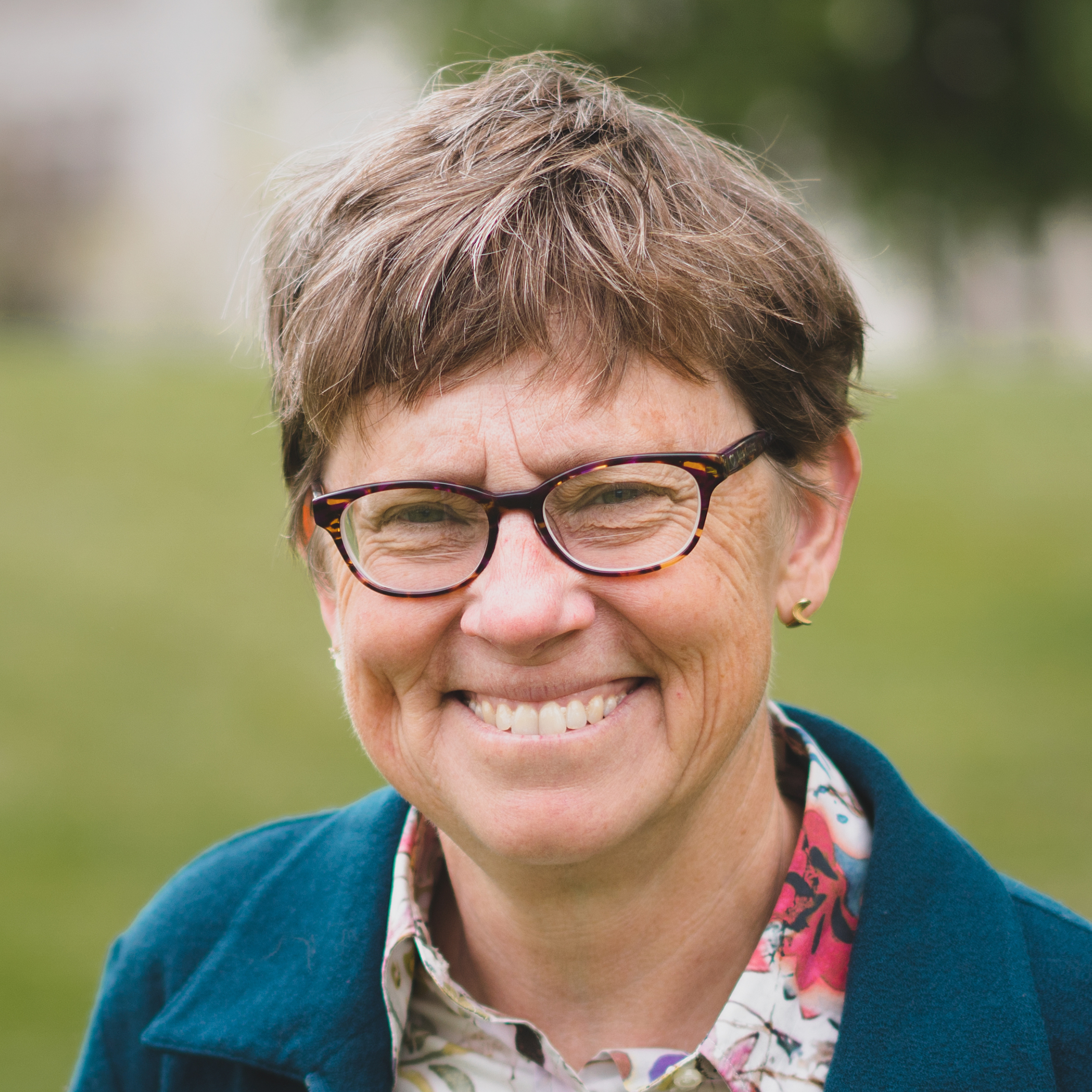
University of Maryland, College Park | College Park, Maryland
For pioneering the advancement and application of knowledge at the intersections among infrastructure, environment, public health, and equity through groundbreaking research on transportation systems and climate-related hazards.
Civil engineering is about designing, building, and maintaining the infrastructure of our society: its roads, bridges, public buildings, parks, water and wastewater systems, and open spaces—the built environment in which civilization lives and works. Ideally, it constitutes a shared set of resources equally available, usable, and safe for all members of society. Unfortunately, not everyone has equitable access to these resources, nor are their inherent risks and dangers equally shared, often the product of historical discrimination. Niemeier's work is dedicated to studying and identifying inequities in the built environment, largely in the area of environmental pollutants, and finding ways to mitigate their impact on disadvantaged communities.
Major infrastructure projects, like highways and ports, can generate high levels of environmental pollution in the course of regular operations. Decisions on where and how infrastructure are planned and built often emphasize economics and functionality over the effects on community. As a result, many potentially hazardous enterprises have been located in or near low-income communities lacking the social or political means to object, resulting in increased health risks for their residents. By examining and providing clear data on the links between greater long-term exposure to vehicle emissions, particulate matter, nitrogen dioxide, and other pollutants and conditions such as heart disease and asthma, Niemeier raised these concerns to greater visibility and awareness, not only for the public but for the politicians, administrators, and regulators charged with making policy to change and improve the problems. Her work on estimating real world vehicle emissions also gave policymakers the tools needed to create state and federal guidelines and regulations for reducing and preventing formerly neglected environmental health disparities.
A Texas native, Niemeier first encountered the realities of how infrastructure can create social and economic disparities as a child growing up in El Paso, long before she had even thought about becoming an engineer. She noticed that clouds of pollution from an industrial plant on the American side of the Rio Grande River always seemed to collect on the opposite side in Mexico. The contrast between the benefits of the factory in America and the effects of those benefits across the river in Mexico made a deep impression on Niemeier, one that has stuck with her throughout her career and driven her deep concern for justice and her desire to use engineering as a tool to fight inequality.
After earning an undergraduate degree in civil engineering from the University of Texas at Austin, she spent several years in consulting work before obtaining her doctorate at the University of Washington. She served as a faculty member at the University of California, Davis, eventually becoming chair of the Civil and Environmental Engineering Department as well as director of the John Muir Institute, director of the Caltrans Air Quality Project, and associate vice chancellor in the Office of Research. In 2019 she moved to the University of Maryland, College Park (UMD) as the Clark Distinguished Chair of Sustainability in the James Clark School of Engineering, and also serves as director of UMD’s Center for Disaster Resilience. She is a member of the National Academy of Engineering, the American Philosophical Society, and a Guggenheim Fellow, and has also been recognized with numerous awards for her teaching and mentoring, including her work on behalf of young women in the field of engineering.
In addition to addressing issues of past and present environmental injustice, Niemeier's work concentrates on developing more sustainable engineering approaches for the future. Some of her recent work ranges beyond infrastructure issues to the application of new data approaches to studying the spread of COVID-19 and understanding the formation and operation of human trafficking networks.
In facing the inevitable and accelerating consequences of climate change, it's more imperative than ever before to find new solutions to old problems, new possibilities that take into account and avoid the community inequities as well as the waste and inefficiency of old methods. Such efforts require more than simply technical expertise; they demand creativity, imagination, an ability to work and forge connections across multiple scientific and engineering disciplines, a deep understanding of and empathy for humanity, and a passionate and abiding commitment to justice. As an engineer, educator, and advocate, Deb Niemeier is a superb exemplar of all of these qualities.
Information as of March 2023

